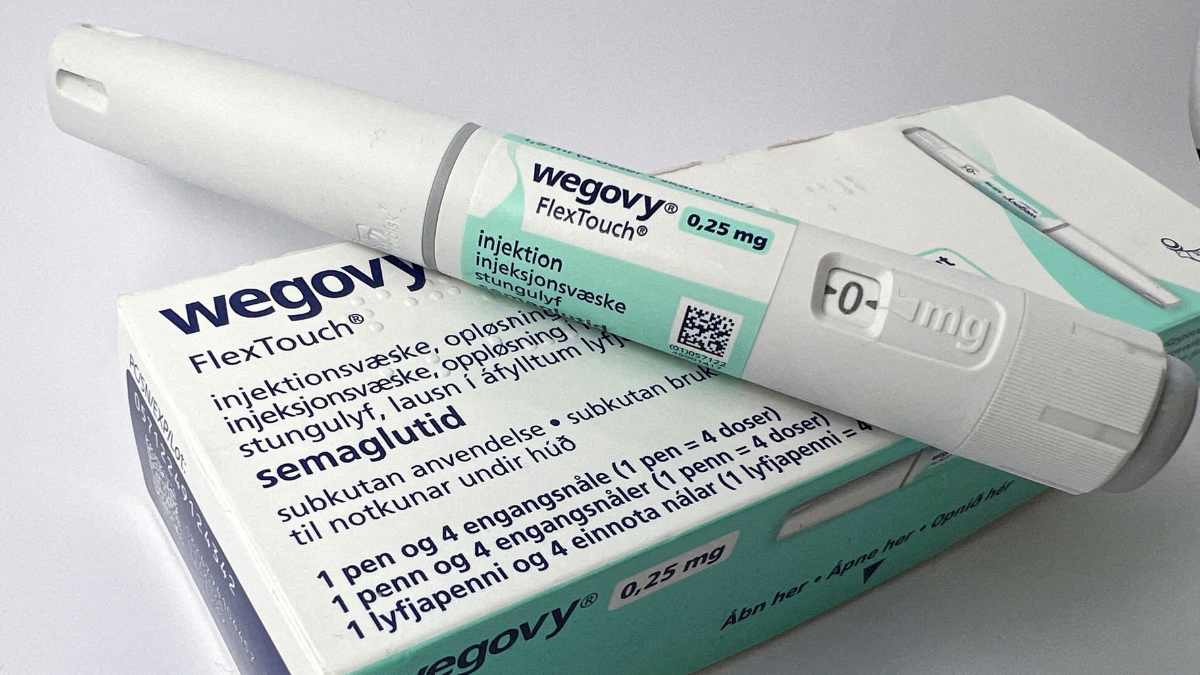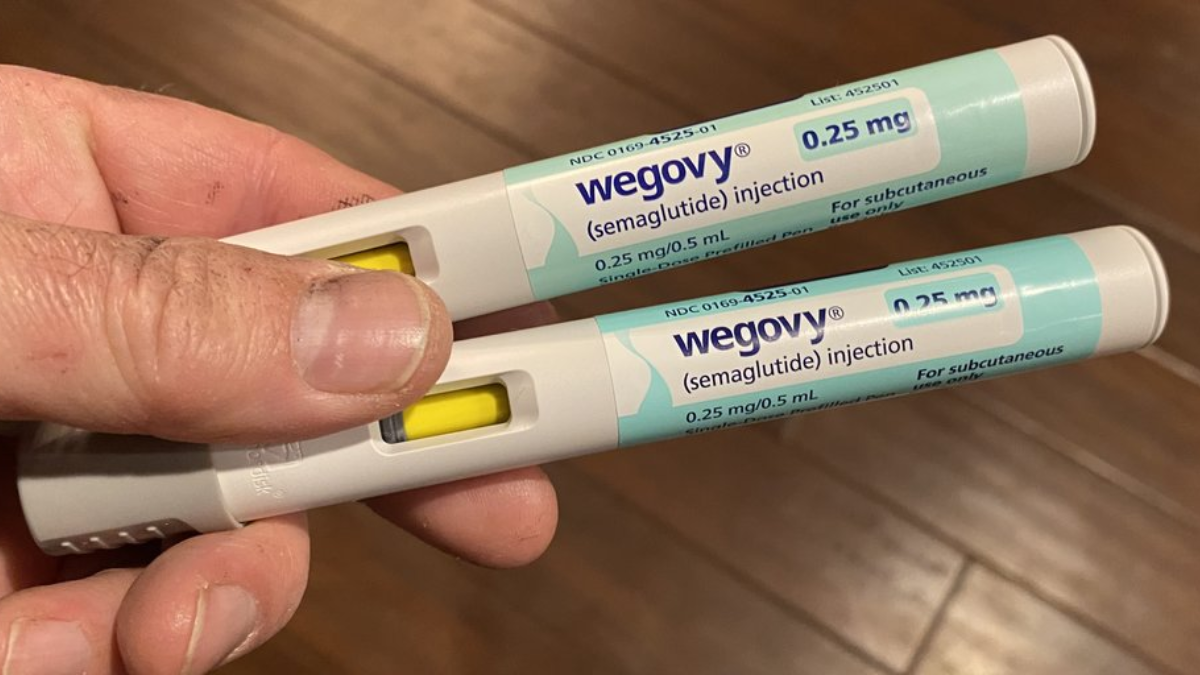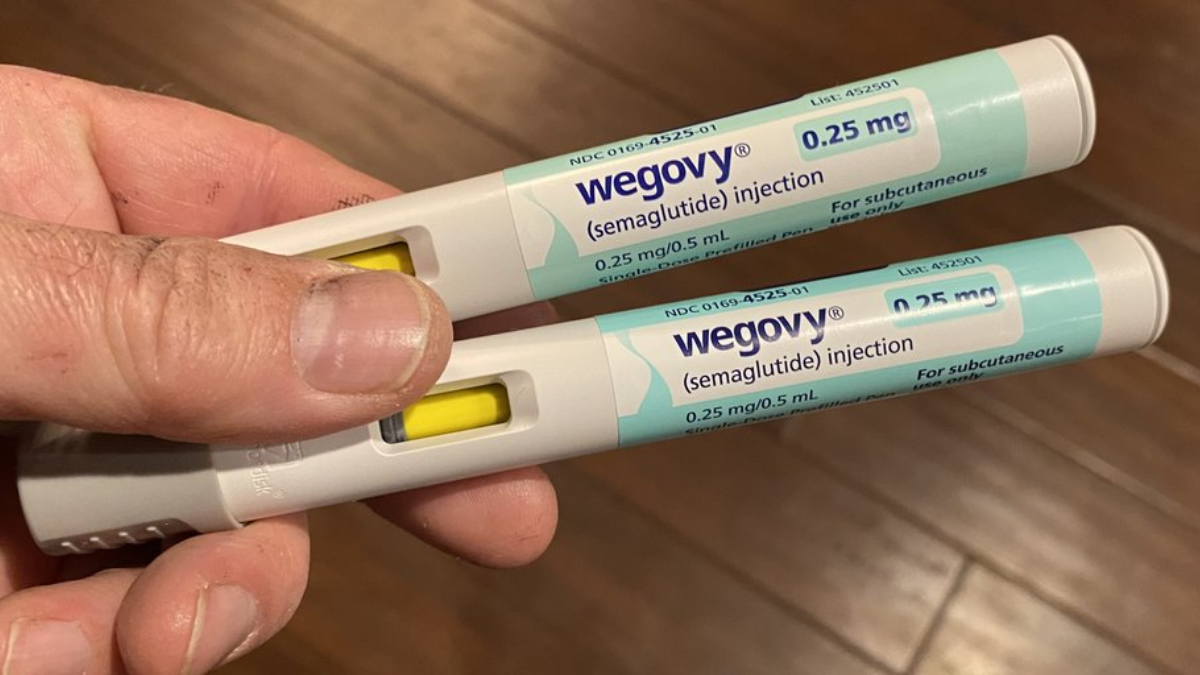
In a significant medical breakthrough, the widely used weight loss drug Wegovy has shown remarkable success in treating a severe form of liver disease known as metabolic dysfunction-associated steatohepatitis (MASH), according to a major clinical trial published in the New England Journal of Medicine. The findings are being hailed as a promising step forward in the treatment of liver diseases that affect millions globally.
Table of Content:-
A Dual-Purpose Drug
Wegovy, a drug better known for its impressive weight-loss benefits, contains the active ingredient semaglutide, also found in diabetes drug Ozempic. The clinical trial, funded by pharmaceutical giant Novo Nordisk, focused on whether this drug could also help patients suffering from MASH, an advanced form of metabolic dysfunction-associated steatotic liver disease (MASLD) — more commonly referred to as nonalcoholic fatty liver disease.

MASLD affects roughly 30% of adults in the U.S., and about 7% suffer from its more severe progression, MASH. This condition leads to the accumulation of fat in the liver not from alcohol, but often due to obesity, type 2 diabetes, and other metabolic issues. When untreated, MASH can result in liver inflammation, scarring (fibrosis), liver failure, or even cancer.
Also Read: IMD Predicts Scorching Heatwave In Telangana Till June; Health Officials Warn 'Worst Is Yet to Come'
The Trial and Its Results
The 72-week study included nearly 1,000 patients diagnosed with MASH, all of whom exhibited moderate to advanced liver scarring (fibrosis stages 2 or 3). Participants were split into two groups — one received weekly 2.4 mg doses of semaglutide, while the other was given a placebo. The results were striking:
- 63% of patients on semaglutide showed a significant reduction in liver inflammation
- Only 34.3% of the placebo group experienced similar improvements
- About 40% of those in the semaglutide group also saw a reduction in liver scarring

This was compared to just 22.4% in the placebo group. These numbers suggest that semaglutide may do more than support weight loss — it may actually reverse liver damage in a significant portion of patients.
A Broader Medical Revolution
Semaglutide belongs to a class of medications known as GLP-1 receptor agonists, originally designed to help manage blood sugar levels in type 2 diabetes. In recent years, these drugs — including Eli Lilly’s Mounjaro and Zepbound — have gained popularity for aiding in weight loss. But now, their potential appears to extend far beyond.
Also Read: Triptii Dimri Reveals The Intense Workout Needed To Burn Off ‘Two Plates of Momo’
Already, Wegovy has received FDA approval not only for obesity but also for reducing the risk of cardiovascular disease in obese individuals. Meanwhile, Zepbound is being used to treat obstructive sleep apnea, and Ozempic is under evaluation for treating chronic kidney disease.

What’s more, ongoing research is investigating GLP-1 drugs for their potential to help manage conditions such as Alzheimer’s disease and alcohol addiction.
Side Effects and Safety
The trial confirmed that Wegovy was generally well tolerated. However, like many medications, it was not without side effects. The most commonly reported issues were gastrointestinal and included:
- Nausea
- Vomiting
- Constipation
- Diarrhea
Only a small number of participants left the trial due to side effects — 2.6% in the semaglutide group compared to 3.3% in the placebo group — indicating a relatively manageable risk profile.
Bottomline
This landmark study could mark the beginning of a paradigm shift in how doctors treat not just obesity, but also complex metabolic and liver disorders. While more research and long-term data are needed, semaglutide’s effectiveness in treating both MASH and obesity presents a powerful case for its expanded use in clinical practice.
With a growing list of conditions under investigation, GLP-1 drugs like Wegovy may soon be seen not just as weight-loss solutions, but as versatile treatments capable of transforming the landscape of modern medicine.
Also watch this video
How we keep this article up to date:
We work with experts and keep a close eye on the latest in health and wellness. Whenever there is a new research or helpful information, we update our articles with accurate and useful advice.
Current Version